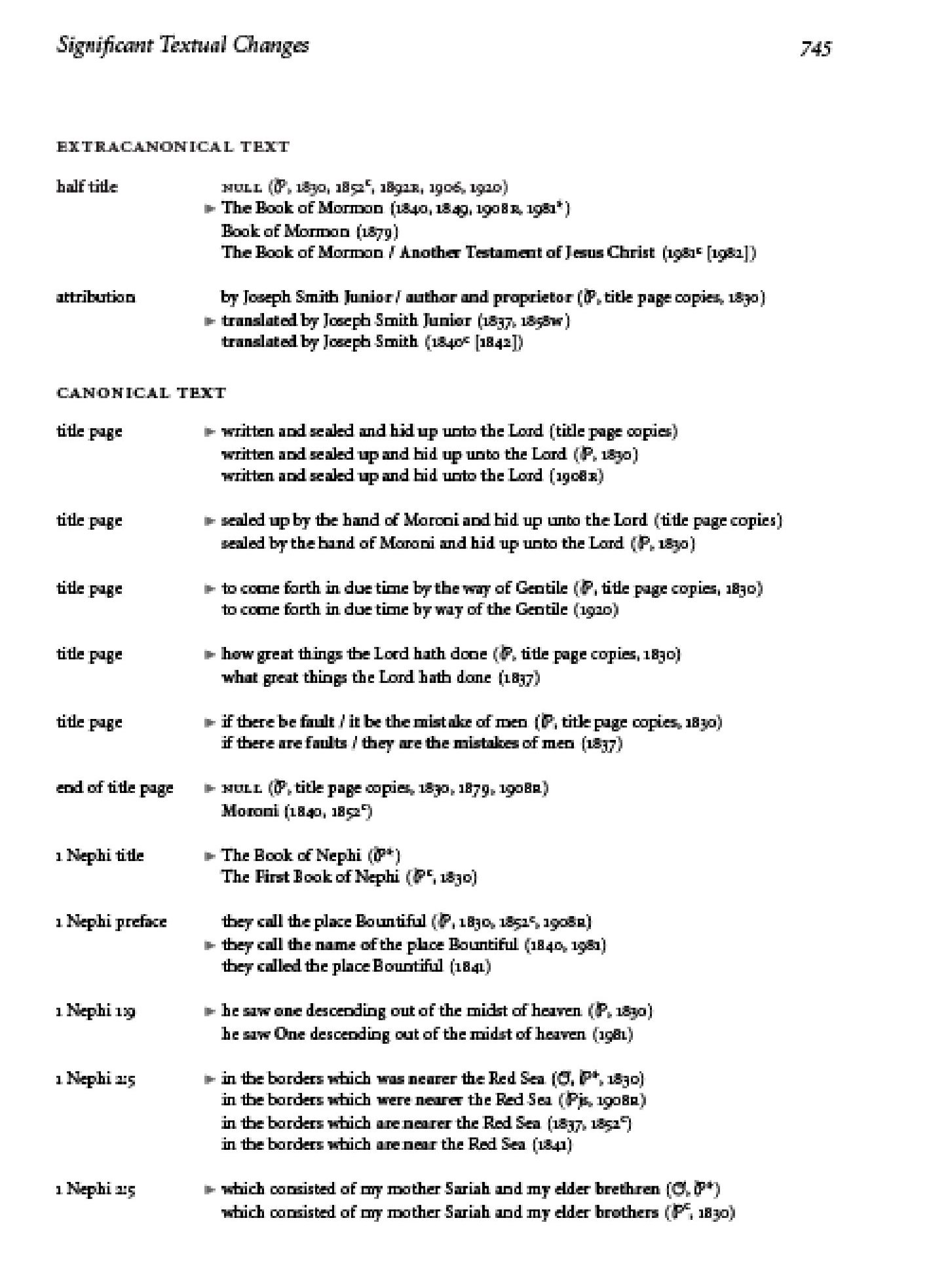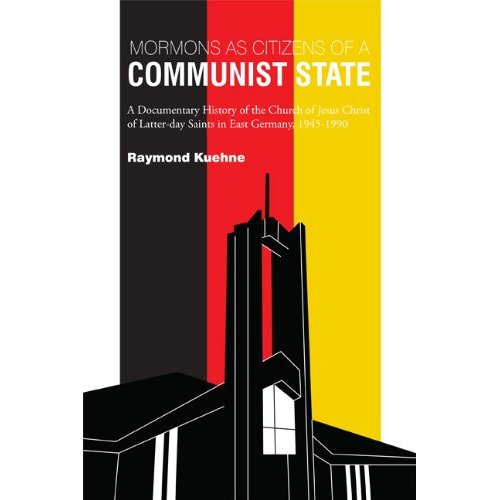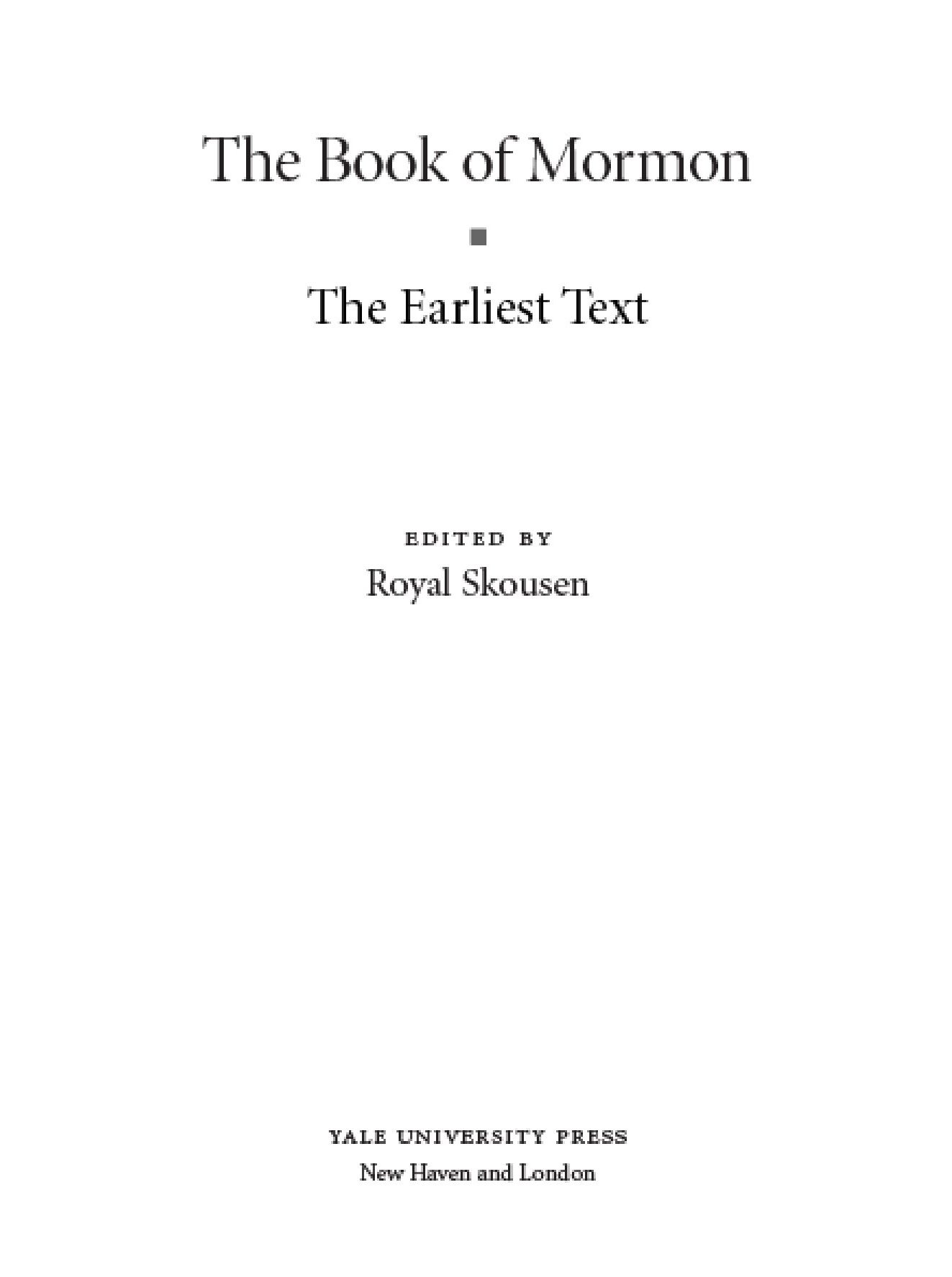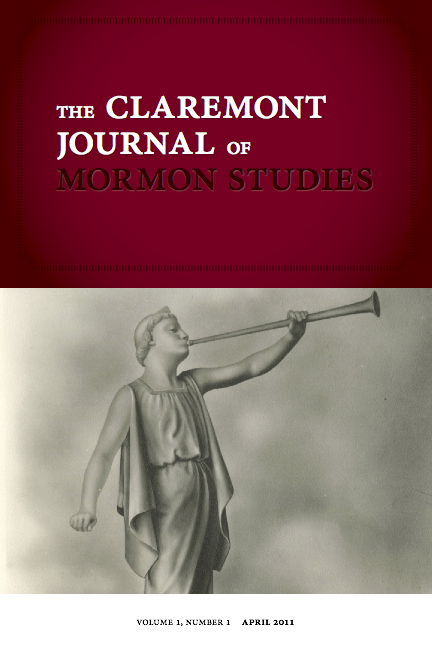-
•
•
21 responses
I remember an argument I had with an acquaintance in high school. I don’t remember the topic anymore (capital punishment? abortion? gay marriage? I’m sure it must have been one of those perennial high school kid debates). A friend had recently told me something that bolstered my side of the argument. I knew the information was correct, because he told me that “it had been scientifically proven.” So I went confidently into the argument, and when the climax came I pulled out my trump card with a, “And it’s a scientifically proven fact!” Yet somehow my opponent failed to see… Read More
-
•
•

As is almost always the case, there is far more here than we can cover in one lesson. These materials will focus on John 5, but I will also include some questions on John 6. John 5 Some have suggested that the gospel of John is partially constructed around seven wondrous works or miracles. (I believe I got this from Art Bassett, but I’m not sure.) With each, Jesus gives a sermon that illustrates the significance of what he has done. The seven are: Turning water into wine at the wedding feast and the discourse on being born again (John… Read More
-
•
•
19 responses
In this last section, I want to mention the evidence that the original text of the Book of Mormon is a precise English-language text, specified word for word, and that when it was given by means of the instrument to Joseph Smith, he could see that text and he read it off to his scribe. Read More
-
•
•
38 responses

The idea of a godhead fascinates me. If a god is omnipotent, then why do we need three of them (or more, depending on your interpretation)? Here’s my entirely-speculative take on it. (Now including advice on how to raise your kids, too! I know, I know, it’s hard to find people who are willing to offer unsolicited parenting advice. You can thank me later.) One of the hardest parts of being a parent is figuring out when to be strict and when to be lenient. When your child throws a temper tantrum over something trivial, do you snuggle him and… Read More
-
•
•
9 responses

Now let us turn to the actual list of the 719 significant textual changes. Read More
-
•
•
2 responses
Previous posts: January and February. Read More
-
•
•
16 responses

With the growth of the LDS Church worldwide, I think few academics of Mormonism disagree that the Church’s international progress deserve more attention. Even so, I was surprised when I compiled a list of international publications from last year. The list is substantial. Read More
-
•
•
98 responses
In a previous ward, a high council speaker told the congregation that pursuing a degree in the arts is a selfish decision, and he counseled the youth and young adults to pursue a useful, financially secure discipline instead. My recollection is that is point was that an artist can’t provide a spouse and children with a decent, stable lifestyle. I’d love to hear from those of you who majored in the arts, and from those who wanted to major in the arts but ultimately decided not to. In retrospect, how do you feel about your choice? Read More
-
•
•

A reminder that I post regularly for those who are new to these notes: These are study notes for the lesson material, not notes for creating lessons. I assume that a person would use these over several days, perhaps a week, of study. Of course someone studying the lessons will also be able to create a lesson, but the purpose of these notes is primarily for the students in Gospel Doctrine class and only secondarily for teachers of the class. This is a chapter of parables. We get the word parable from a Greek word (parabol?) meaning “to set by… Read More
-
•
•
29 responses

A friend of mine posted this on Facebook a few days ago: Morality is doing what is right regardless of what you are told. Religion is doing what you are told regardless of what is right. It’s a great bumper-sticker quote — short, emotionally charged, and completely one-sided. Usually I see these, chuckle, and move on, but this is one that my mind keeps coming back to, to chew on some more. What does the church do well? How does the church justify its own existence? (As an aside, if your answer to this question is, “The church doesn’t need… Read More
-
•
•
25 responses

The irony of religious fundamentalism is that it is a profoundly modern and profoundly secular phenomenon. This is perhaps especially true of the scriptural literalism that often accompanies it. The result is that many of the most conservative Mormons are, in point of fact, also the most secular. Few Mormons are more secular than Joseph Fielding Smith and Bruce R. McConkie. Why is fundamentalism so profoundly secular? Because it cedes the field of truth wholly and without contestation to secular models of truth – and then tries to combat, contest, and outdo the secularists at their own game. Is there… Read More
-
•
•
16 responses

Royal Skousen is editor of the Book of Mormon Critical Text Project and professor of linguistics and English language at Brigham Young University. Read More
-
•
•
50 responses
The real reason that polygamy was restored was to decrease the number of children each woman would have, which was necessary in order to Read More
-
•
•
6 responses

I’d forgotten about the sky. For how long, I’m not sure. Months? Years? When I remembered, it felt like waking from a cramped dream. A few weeks ago, early in the morning, I was running. The sun climbed bright in the east. The moon, chalk white, lapsed in the west. And I was running beneath them – on the ground, next to water, up a hill, and around a bend. I had been worried, anxious, impatient. But, beneath this sky, I couldn’t remember what about. So I wiped my brow and leaned into the wind. Tolstoy remembered this sky. Here’s Prince… Read More
-
Admin, Church History, General Doctrine, Latter-day Saint Thought, Lesson Aids, Life in the Church, Philosophy and Theology, Scriptures
•
•
20 responses

Sometimes unintentional mistakes lead to interesting lines of thought. A few weeks ago I misheard a speaker in an LDS meeting. The speaker was quoting John 14:27, and either because of the speaker’s mispronunciation or my imperfect hearing, I heard the word “live” instead of the word “leave.” This lead me to think about what it means to live in peace. Read More
-
•
•

Matthew 11 Verse 28: What does it mean to come to Christ? Has he already told us how we can do that in readings from some of the previous lessons? The word translated “labor” means “wearying labor.” The phrase “heavy laden” translates a Greek word that means “weighed down.” What wearying, taxing work does Christ have in mind here? From what does he offer relief? Why is that described as something that wears us out? As something that burdens us? Can we understand sin as a kind of difficult work? The word translated “rest” literally means “cessation.” It is used… Read More
-
•
•
12 responses
Just finished A Brief History of History: Great Historians and the Epic Quest to Explain the Past (The Lyons Press, 2008) by Colin Wells. It is a quick review of all those names you have heard a time or two (Thucydides, Tacitus, Guicciardini, Ranke, Burckhardt, Turner, Braudel, etc.) woven together into a narrative. Favorite quote: “History is everywhere; we live in it.” The comments in the book that are worth discussing at an LDS blog concern the challenges of writing Church History. Read More
-
•
•
50 responses
Mexican-American activist Raul Lopez-Vargas letter asking Mexican President Felipe Calderón to hold up LDS missionary visas to Mexico because of proposed illegal immigration enforcement legislation is being called a blatant blackmail attempt. If true, I have to wonder how he could possibly think it would work. Read More
-
•
•
47 responses
I post here something I recently wrote in my journal: I basically think that Aristotle had it right on how to live a good life: find a proper mean between extremes, be balanced, and live virtuously. So here is what I would like my life to look like: I start with work, the labor I must do to live. I should like to be good at my job. I don’t have any particular desire to be at the very top of my profession. Academic stardom looks like rather too brass a ring to devote all of one’s energy on the… Read More
-
•
•
25 responses

Royal Skousen is editor of the Book of Mormon Critical Text Project and professor of linguistics and English language at Brigham Young University. In this post he discusses the work of the Book of Mormon critical text project and the attempt to restore and publish the original text of the Book of Mormon. Read More
-
•
•
50 responses
Today I was sent a FaceBook request to join a “prayer chain page” to pray for a woman hospitalized in Texas. I don’t know the sick woman and only distantly know the woman making the request. A similar thing happens on some email lists. People post, requesting others to pray for someone they know but those on the list do not. There are two things about this that strike me as being odd Given all the people I actually know who need help — on all different levels — it would seem a strange use of time (and spiritual favors?)… Read More
-
•
•

As is usually the case, there is a lot of material to cover in this lesson, but the material in these chapters is so important that it would be a shame to focus on only part of it. So I will focus on the Lord’s prayer (Matthew 6:5-15), but I will also provide notes for the rest of both chapters. Notice that in 2007 Robert C and Cheryl M provided excellent materials on these chapters, and Karl D will almost certainly provide current notes on the lesson materials. Chapter 6 Jesus continues to teach about true righteousness, a righteousness that… Read More
-
•
•
12 responses
Here are two lines of computer code: int myNumber; myNumber = someOtherNumber + 3; If you’re not familiar with programming, the first line says, “Here is an integer (int) called ‘myNumber’.” The second line says, “Set the value of myNumber to someOtherNumber plus 3.” So what if I want to know the value of myNumber? I’ve got two options. Either I can tell the program to display the value, like this: out.print(myNumber); or I can look back through the code to find the value of someOtherNumber and mentally add 3 to it: int someOtherNumber = 8; So now I know… Read More
-
•
•
19 responses

It is a commonplace in Zen that three things are necessary for liberation. If you want to wake up from the slumber of self-absorption, if you want to live your life outside the suffocating confines of that mason jar that is your own head, you need (1) great faith, (2) great doubt, and (3) great effort. As Mormons, we’re famous for valorizing the third. We’re also often good at promoting the first. But when was the last time you heard a talk extolling the need to cultivate great doubt? The Zen masters were likely right to see all three as… Read More
-
•
•
84 responses
Over at FPR, BiV asks, Are Mormons cessationists? The short answer is no. Read More
-
•
•

The lesson this week picks out the first part of a longer sermon. Matthew 5-7 give us Jesus’ Sermon on the Mount. Even if preparing for only the Sunday School lesson, it is probably best to read the entire sermon to see the context of this part. At the time of Jesus there seems to have been considerable controversy over who was “in” and who was “out” when it came to being the children of God. This controversy had been on-going for some time, at least since the time of the return from exile. The Samaritan community was one of… Read More
-
•
•

For purposes of this lesson, I take Luke 7:1-17 to be a supplement to the miracle stories we read in the material from Mark. So I will make my notes and questions on Mark, assuming that reading and thinking about Luke will be appropriate to them. As usual, I offer the reminder that these are study notes for the reading, not notes for preparing a lesson. Presumably study notes could help a person prepare a lesson, but these go beyond what one might expect in notes for a lesson. Mark’s Gospel This is the first lesson this year to use… Read More
-
•
•
17 responses
A new issue of The Mormon Review is available, with Adam Greenwood’s review of The Great Divorce, by C.S. Lewis. The article is available at: Adam Greenwood, “Death Is Lighter than a Feather: A Review of C. S. Lewis’ The Great Divorce,” The Mormon Review, vol.3 no. 1 [HTML] [PDF] In this essay, Greenwood reads The Great Divorce as an instance of theological fiction, and theorizes the genre in relation to its sisters, science fiction and fantasy. For more information about MR, please take a look at the prospectus by our editor-in-chief Richard Bushman (“Out of the Best Books: Introducing… Read More
-
•
•
145 responses
Marvin Perkins is a Latter-day Saint music producer who is currently the Public Affairs Co-chair for the Genesis Group and who has worked to nurture understanding between African Americans and Latter-day Saints and attack misconceptions (see our 12 Questions series with Brother Perkins from 2009). This morning, Brother Perkins circulated the following email to his “Blacks in the Scriptures” listserve (which is re-posted here with his permission): ______________________________ Friends, Many of you have recognized the new LDS.org website. Some of you have recognized that with the new site also came changes to chapter headings and footnotes in the scriptures. Not… Read More
-
•
•
32 responses

The Claremont Graduate School’s Mormon Studies program has produced another contribution to the study of Mormonism: a student-run on-line journal. Which makes me wonder, how many Mormon Studies journals can be supported? Read More
